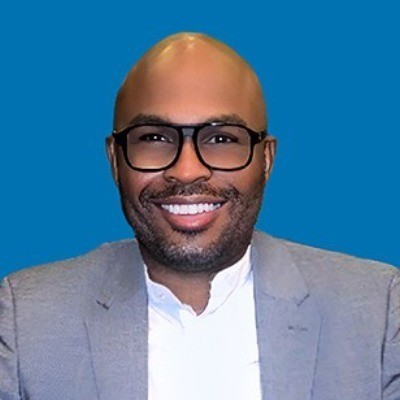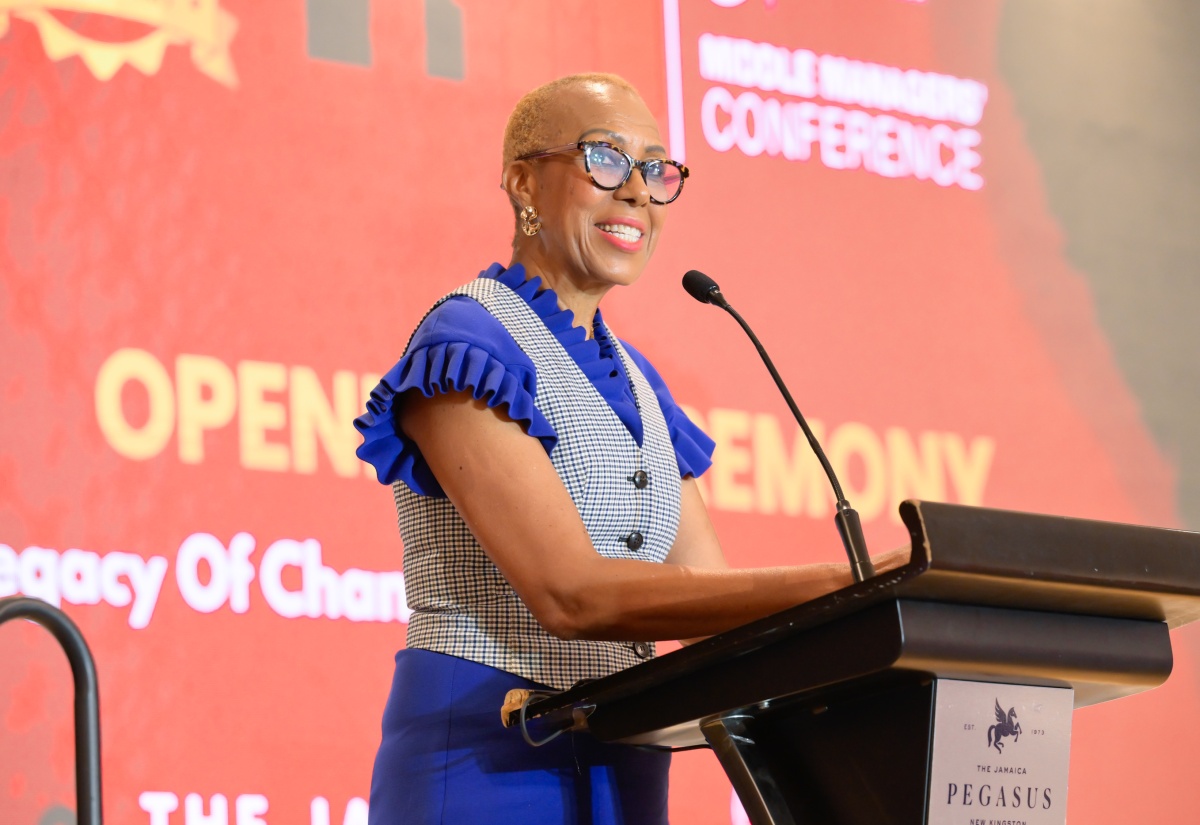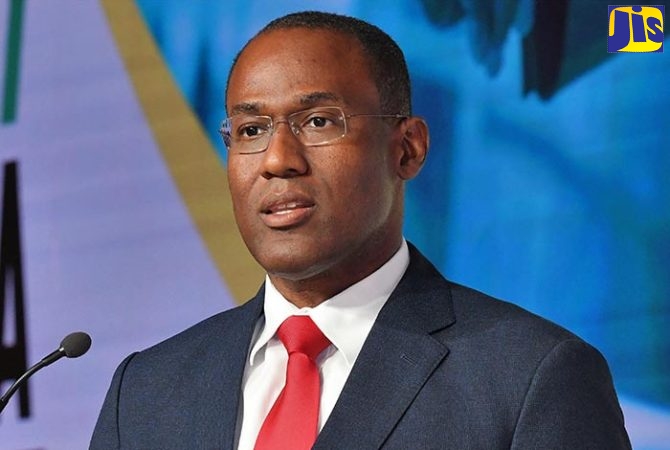Distinguished guests, ladies and gentlemen, good morning. I want to thank the China Development Forum for inviting me to speak today. It’s an honor to be here, especially as this marks my first visit to China since joining the IMF.
This is the Year of the Snake—a year of renewal and transformation. A fitting symbol, given the pace of change around us.
Patterns of trade and capital flows are shifting. AI is rapidly advancing. Trade is no longer the engine of global growth it used to be. Divergences across countries are widening. And governments worldwide are shifting their policy priorities.
Meanwhile, global growth is steady but underwhelming. Our five-year ahead growth forecast remains at 3.1 percent—well below the pre-pandemic average of 3.7 percent.
This is largely due to declining productivity growth. Total factor productivity, which measures the ability to create more outputs with the same inputs, has been growing at a slower pace since the 2008-09 global financial crisis.
Reviving medium-term growth
My focus today, therefore, is on how to revive medium-term growth. The path to success lies in pursuing structural reforms to raise productivity.
This applies to all countries. In ageing societies—where the share of the working-age population is shrinking—productivity growth has a vital role to play in maintaining living standards.
It also applies to emerging market and developing economies trying to close the gap with richer countries. To provide better jobs and a higher stand of living, they too need to ignite productivity growth.
Without ambitious steps to enhance productivity, global growth is set to remain far below its historical average.
So, what can we do? Let me focus on two priorities that are especially relevant for Asia.
First, innovation. We know that productivity growth increases with technological advances—advances made possible through investments in research and development, a proxy for innovation effort.
Technology transfer, scientific collaboration and policies that fund basic research can foster the kind of innovation we need for long-term growth. And can have a sizeable impact when combined with closer public-private cooperation. In fact, our research shows that productivity growth in advanced economies can increase by 0.2 percentage point a year with a hybrid policy that boosts public research expenditure by a third and doubles subsidies to private research. Because these are average numbers only, the increase could be even higher in emerging markets and developing countries.
Investments in AI are a case in point. No longer an emerging technology, AI is beginning to revolutionize industries and reshape economies. We estimate that AI could boost global GDP growth between 0.1 and 0.8 percentage points per year in the medium term, depending on how it is adopted.
Second, boosting productivity through better resource allocation. The movement of labor and capital toward more productive firms and industries has long been an important source of overall productivity growth. As workers move from farms to factories, for example, their productivity increases dramatically. So too do their income and living standards, with spillovers to the whole economy.
There are many ways countries can achieve a better allocation of resources, including by implementing policies aimed at increasing the mobility of workers, such as re-skilling programs. And more importantly, by strengthening market forces, which create the necessary incentives, through prices and wages.
Asia provides an example of how such reforms can fuel growth. Over the past few decades, Asia prospered as employment and production moved from agriculture to manufacturing. Now, the region contributes over 60 percent of global growth, and is home to some of the world’s largest, most innovative companies.
Continued success, however, requires continued reforms.
Reforms such as strengthening the private sector. Entrepreneurs drive creativity and innovation, investing in sectors with the highest returns. To create the environment they need to thrive, it’s important that there’s a level playing field between the private sector and state-owned enterprises.
For many Asian countries, including China, reforms also involve expanding the services sector.
Services are a potentially important new source of growth. The sector has already drawn about half of the region’s workers, up from just over a fifth in 1990.
And productivity in some services sectors is high. In fact, our analysis shows that Asia’s labor productivity in financial services is four times higher than in manufacturing, and it’s twice as high in business services.
China
In China, reallocating resources to services would have another important benefit: by creating jobs and increasing incomes, it could help boost consumption. A welcome goal that is also a top priority of the government.
While household consumption as a share of GDP in China has risen, it is still among the lowest compared to OECD countries. A sustained increase in consumption’s share of GDP could lead to continued rapid gains in living standards and provide a welcome lift to global demand. This rebalancing of demand also requires reforms to reduce the need for precautionary savings, especially by middle- and lower-income households.
Overall, our analysis suggests that a comprehensive package of reforms to boost consumption and lift productivity could raise China’s potential growth by about 1 percentage point per year over the medium term. That translates into a level of GDP that is close to 20 percent higher than our baseline by 2040.
The IMF’s role
Through our policy advice, lending and capacity development, the IMF has consistently supported countries in establishing macroeconomic and financial stability as a foundation for growth.
To further help in this endeavor, we have formed a new IMF Advisory Council on Entrepreneurship and Growth. The goal is to get new ideas on how countries can ease regulatory barriers, adapt tax systems to a more business-friendly environment, and incentivize long-term savings, so countries have more to spend on innovation.
In this Year of the Snake, let’s embrace change and focus on reforms and policies to revive growth. This will lead to better prospects for people everywhere.
Thank you.
Remarks by International Monetary Fund Deputy Managing Director Nigel Clarke at the China Development Forum
Beijing, China, March 23, 2025
https://www.imf.org/en/News/Articles/2025/03/23/sp032325-dmdclarke-chinadevtforum?s=03
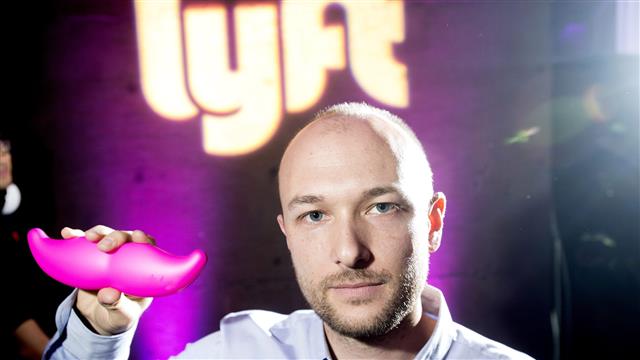

 Businessuite Markets3 weeks ago
Businessuite Markets3 weeks ago
 Businessuite News241 week ago
Businessuite News241 week ago
 Leadership Conversations4 weeks ago
Leadership Conversations4 weeks ago
 Corporate Feature1 week ago
Corporate Feature1 week ago
 Businessuite News242 days ago
Businessuite News242 days ago
 Businessuite Women2 weeks ago
Businessuite Women2 weeks ago
 Businessuite News24 International1 week ago
Businessuite News24 International1 week ago
 Business Insights3 weeks ago
Business Insights3 weeks ago














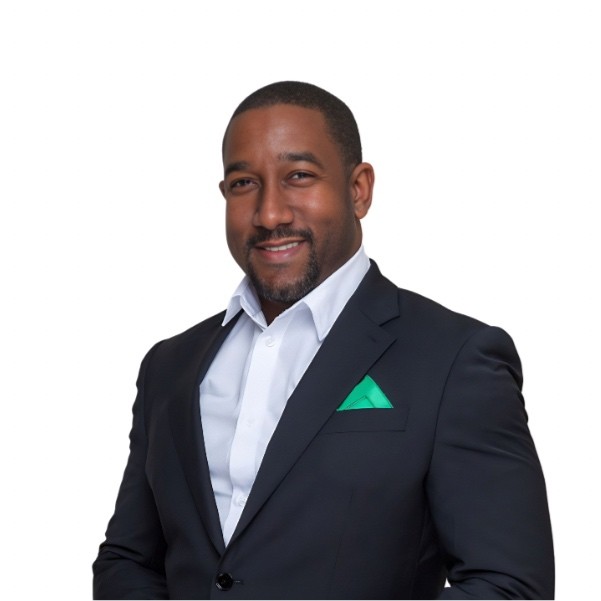
 1. Time Becomes Your Most Valuable Currency
1. Time Becomes Your Most Valuable Currency